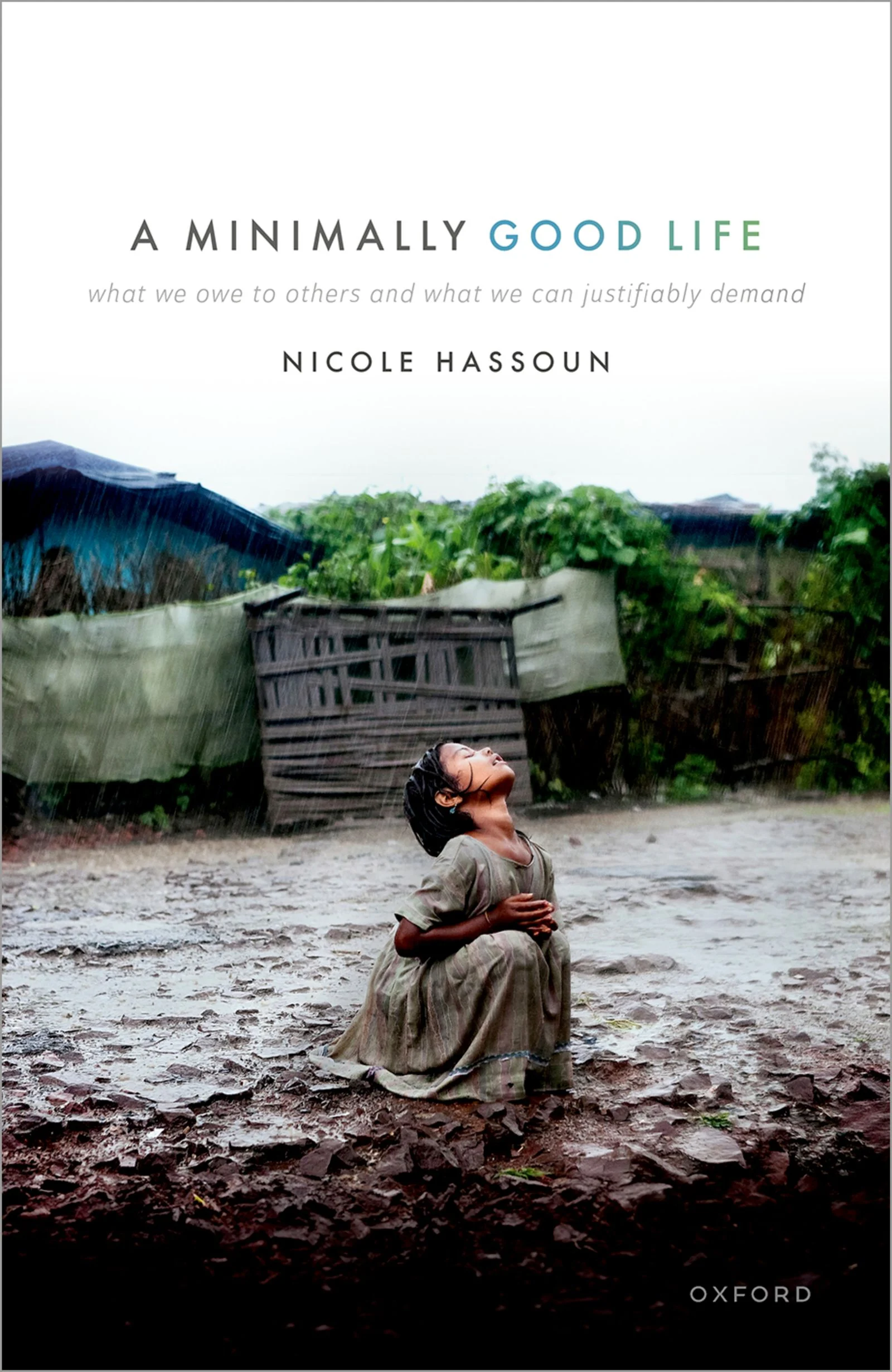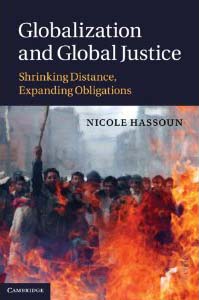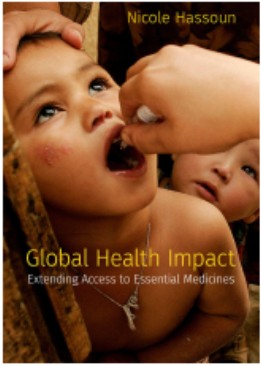What do we owe to each other simply out of respect, or concern, for our common humanity? What can we claim? The United Nations' Sustainable Development Goals and the Universal Declaration of Human Rights as well as many states' constitutions embody competing answers to these questions. Different accounts of what we owe to others out of concern for our common humanity ground divergent accounts of the basic minimum just societies and the international community must help people secure. A Minimally Good Life argues that concern for our common humanity requires helping others live minimally good lives when doing so does not require sacrificing our own ability to live well enough.
Check out articles:
News
|
Article
|
Paper |
Political Philosphy Podcast
The face of the world is changing. The past century has seen the incredible growth of international institutions. How does the fact that the world is becoming more interconnected change institutions' duties to people beyond borders? Does globalization alone engender any ethical obligations? In Globalization and Global Justice, Nicole Hassoun addresses these questions and advances a new argument for the conclusion that there are significant obligations to the global poor. Globalization and Global Justice will appeal to readers in philosophy, politics, economics and public policy.
Check out:
Key Arguments
Every year nine million people are diagnosed with tuberculosis, every day over 13,400 people are infected with AIDs, and every thirty seconds malaria kills a child. For most of the world, critical medications that treat these deadly diseases are scarce, costly, and growing obsolete, as access to first-line drugs remains out of reach and resistance rates rise. Rather than focusing research and development on creating affordable medicines for these deadly global diseases, pharmaceutical companies instead invest in commercially lucrative products for more affluent customers.
Check out: GHI Index | Pandemic | Organization
Here's a sneak peek into some of my recently funded research. I wrote about on hope and the virtue of creative resolve as a residential fellow at Cornell on the Hope & Optimism project in 2016-2017 and the minimally good life with the Happiness and Well-Being project in 2017-2018.
Hope & the Virtue of Creative Resolve The Minimally Good LifeCheck out the Data on Women in Philosophy Project!
It is well established that women are under-represented in
philosophy at all levels. This site provides new data on the
representation of women in the profession and offers some analysis
of the problem as well as resources for making things better for
everyone. How is your school doing? Article can be found
here.
Site About Resources
Check out the symposium on
Globalization and Global Justice in Analysis
The symposium includes contributions from critics Gillian Brock, Fernando Teson, and Miriam Ronzoni. Find the introduction here. Find the reply to critics here. You can find the New Books in Philosophy interview here and reviews in Ethics and Philosophical Review (amongst other places). There is also a review essay by Kok-Chor Tan here. Articles on the book now appear in a special issue of Public Affairs Quarterly.
FEATURED ARTICLE
At first blush, debt-for-nature swaps seem to provide win-win solutions to the looming problems of environmental degradation and extreme poverty. So, one might naturally assume that they are morally permissible, if not obligatory. This article argues, however, that debt-for-nature swaps are sometimes morally questionable, if not morally impermissible.
RECENT WORK
Recently, several authors have argued that consumption to bring about social change must be democratic. Others maintain that we may consume in ways that we believe promote positive change. This paper rejects both accounts and provides a new alternative.


